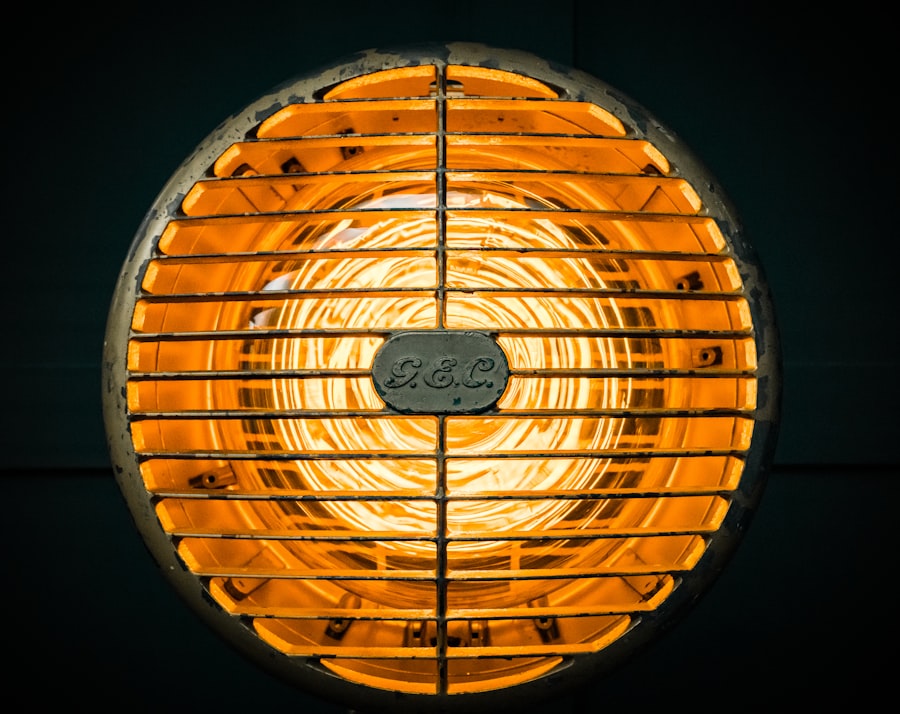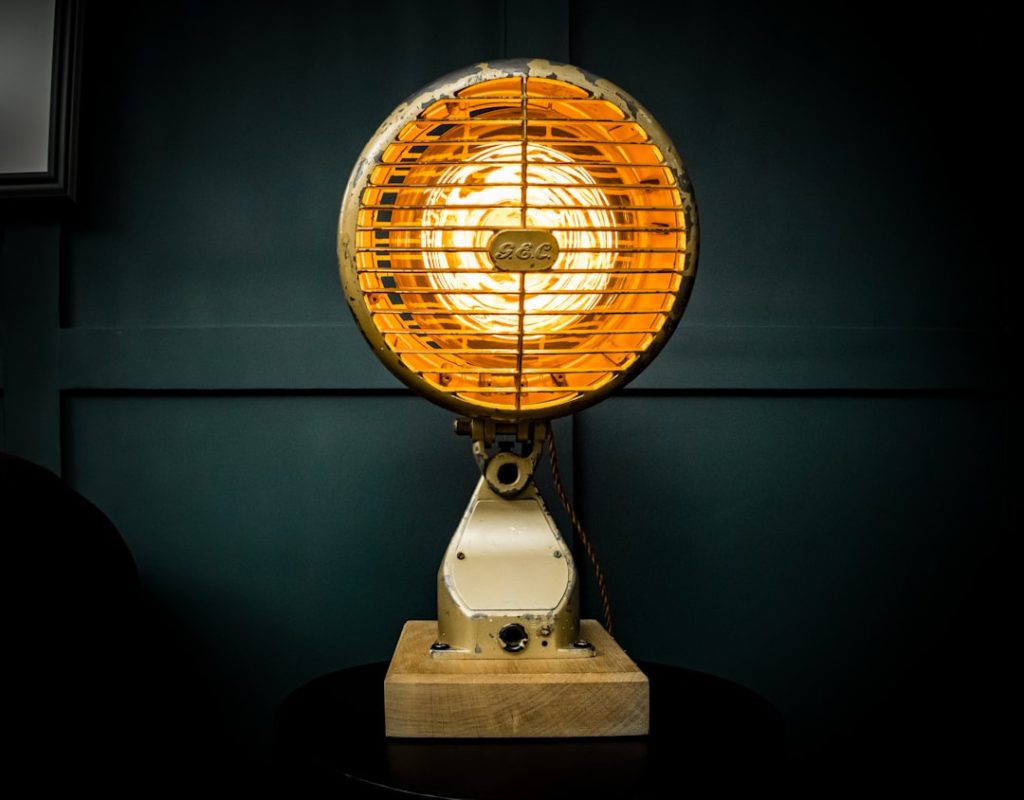Winter significantly affects egg production in chickens due to several factors. Shorter daylight hours disrupt the hens’ natural egg-laying cycle, as chickens rely on light to stimulate egg production. Colder temperatures can impact the overall health and well-being of chickens, further reducing their egg-laying capacity.
During winter, chickens require more energy to maintain body heat, which can divert resources away from egg production. This may result in decreased egg size and quality. The combination of reduced daylight and increased energy demands can lead to a substantial decrease in egg production or even a complete cessation of laying.
Chicken owners can take measures to mitigate winter’s impact on egg production. These include:
1. Providing appropriate nutrition to meet increased energy needs
2.
Managing artificial lighting to extend “daylight” hours
3. Ensuring proper ventilation in coops while protecting from drafts
4. Shielding chickens from harsh weather conditions
By implementing these strategies, it is possible to maintain a more consistent egg supply throughout the winter months.
Understanding the challenges posed by winter and taking proactive steps to address them is crucial for chicken owners seeking to support their hens’ health and maintain egg production during this challenging season.
Table of Contents
- 1 Providing the right nutrition for winter egg production
- 2 Managing the lighting for winter egg production
- 3 Ensuring proper ventilation in the coop during winter
- 4 Keeping the water supply from freezing in winter
- 5 Protecting chickens from winter weather conditions
- 6 Monitoring and adjusting the coop environment for optimal egg production
- 7 FAQs
- 7.1 What are the challenges of keeping chickens producing eggs in winter?
- 7.2 How can I keep my chickens warm in the winter?
- 7.3 How can I ensure my chickens get enough light in the winter?
- 7.4 What should I feed my chickens to keep them producing eggs in winter?
- 7.5 How can I keep my chickens healthy in the winter?
- 7.6 Are there any specific breeds of chickens that are better at producing eggs in winter?
Key Takeaways
- Winter can significantly impact egg production due to shorter daylight hours and colder temperatures
- Providing the right nutrition, including a balanced diet and additional supplements, is crucial for maintaining egg production in winter
- Managing lighting by using artificial lights to extend daylight hours can help stimulate egg production during winter
- Proper ventilation in the coop is essential to prevent moisture buildup and maintain air quality during winter
- Keeping the water supply from freezing by using heated waterers or regularly changing water can ensure chickens stay hydrated in winter
- Protecting chickens from winter weather conditions, such as frostbite and hypothermia, is important for their health and egg production
- Monitoring and adjusting the coop environment, including temperature and humidity levels, is necessary for optimal egg production during winter
Providing the right nutrition for winter egg production
Protein: The Building Blocks of Egg Production
Protein is particularly important for egg production, as it provides the building blocks for egg formation. In addition to protein, it’s important to ensure that chickens have access to a balanced diet that includes vitamins and minerals essential for egg production. This can be achieved through a combination of commercial feed, kitchen scraps, and supplements as needed.
Hydration is Key
It’s also important to provide access to fresh water at all times, as dehydration can have a negative impact on egg production. By providing the right nutrition for chickens during the winter months, chicken owners can support their hens’ health and well-being while maintaining consistent egg production.
Monitoring and Adjusting the Diet
Furthermore, it’s important to monitor the hens’ body condition and adjust their diet as needed to ensure they are receiving adequate nutrition. During the winter, when foraging opportunities may be limited, it’s important to provide additional sources of nutrients to support egg production. By paying close attention to their diet and making adjustments as needed, chicken owners can help their hens maintain optimal health and continue laying eggs throughout the winter months.
Managing the lighting for winter egg production

Managing lighting is crucial for supporting egg production during the winter months when daylight hours are shorter. Providing supplemental lighting in the coop can help stimulate hens’ natural egg-laying cycle and maintain consistent egg production. By extending the hours of daylight using artificial lighting, chicken owners can help mitigate the impact of shorter days on hens’ egg-laying patterns.
It’s important to provide a gradual increase in light rather than sudden changes to mimic natural daylight patterns. This can help prevent stress and disruption to the hens’ natural rhythms. Additionally, it’s important to ensure that the lighting is positioned in a way that evenly distributes light throughout the coop to avoid creating shadows or uneven lighting that could cause stress or discomfort for the hens.
Furthermore, it’s important to provide a period of darkness for the hens to rest and recharge. This can help support their overall health and well-being, which in turn can positively impact their ability to lay eggs consistently. By managing lighting effectively, chicken owners can help support hens’ natural egg-laying cycles and maintain consistent egg production throughout the winter months.
Ensuring proper ventilation in the coop during winter
Proper ventilation is essential for maintaining a healthy coop environment during the winter months. While it may seem counterintuitive, ensuring adequate ventilation is crucial for preventing moisture buildup and maintaining air quality in the coop. Moisture buildup from condensation can lead to respiratory issues and frostbite in chickens, which can have a negative impact on their overall health and well-being.
It’s important to strike a balance between providing adequate ventilation while also protecting chickens from drafts and cold temperatures. This can be achieved by installing adjustable vents that can be opened or closed as needed to regulate airflow without causing drafts. Additionally, it’s important to ensure that bedding materials are kept dry and clean to prevent moisture buildup and maintain a healthy environment for the chickens.
Furthermore, proper ventilation can help regulate temperature and humidity levels in the coop, which is crucial for supporting hens’ health and well-being during the winter months. By ensuring proper ventilation, chicken owners can create a comfortable and healthy environment for their hens, which can positively impact their ability to lay eggs consistently throughout the winter.
Keeping the water supply from freezing in winter
Keeping the water supply from freezing is crucial for supporting hens’ health and well-being during the winter months. Dehydration can have a significant impact on egg production and overall health in chickens. It’s important to provide access to fresh water at all times, even in cold temperatures.
There are several strategies that chicken owners can use to prevent water from freezing in the winter. One effective method is to use heated waterers or heated bases to keep water from freezing. These devices are designed to maintain a consistent temperature and prevent water from freezing even in sub-zero temperatures.
Additionally, insulating waterers and placing them in a sheltered area can help prevent freezing by protecting them from harsh weather conditions. Furthermore, it’s important to check waterers regularly and break up any ice that may have formed to ensure that chickens have access to fresh water at all times. By taking proactive measures to prevent water from freezing, chicken owners can support their hens’ health and well-being while maintaining consistent egg production throughout the winter months.
Protecting chickens from winter weather conditions

Insulating the Coop
One effective way to protect chickens from winter weather conditions is by providing a well-insulated coop that offers protection from cold temperatures and drafts. Insulating walls, windows, and doors can help maintain a comfortable temperature inside the coop and prevent heat loss. Additionally, providing ample bedding material such as straw or wood shavings can help keep chickens warm and comfortable during cold weather.
Providing a Safe Outdoor Area
Furthermore, it’s important to ensure that chickens have access to a dry outdoor area where they can stretch their legs and get fresh air without being exposed to harsh weather conditions. Providing windbreaks and shelters in outdoor areas can help protect chickens from wind and precipitation while allowing them to enjoy some time outside.
Maintaining Health and Egg Production
By taking proactive measures to protect chickens from winter weather conditions, chicken owners can support their hens’ health and well-being while maintaining consistent egg production throughout the winter months.
Monitoring and adjusting the coop environment for optimal egg production
Monitoring and adjusting the coop environment is crucial for maintaining optimal egg production during the winter months. It’s important to regularly check temperature, humidity levels, ventilation, and lighting in the coop to ensure that conditions are conducive to supporting hens’ natural egg-laying cycles. By monitoring temperature levels inside the coop, chicken owners can make adjustments as needed to maintain a comfortable environment for their hens.
This may include adding insulation, adjusting heating sources, or providing additional bedding material to keep chickens warm during cold weather. Additionally, monitoring humidity levels is important for preventing moisture buildup and maintaining air quality in the coop. By ensuring proper ventilation and keeping bedding materials dry, chicken owners can help prevent respiratory issues and frostbite in chickens.
Furthermore, monitoring lighting levels is crucial for supporting hens’ natural egg-laying cycles during the winter months. By providing supplemental lighting as needed and ensuring that hens have access to a period of darkness for rest, chicken owners can help maintain consistent egg production throughout the winter. By regularly monitoring and adjusting the coop environment, chicken owners can create an optimal environment for supporting hens’ health and well-being while maintaining consistent egg production during the winter months.
In conclusion, maintaining consistent egg production during the winter months requires proactive measures to support hens’ health and well-being in challenging weather conditions. By understanding the impact of winter on egg production, providing the right nutrition, managing lighting, ensuring proper ventilation, keeping water from freezing, protecting chickens from harsh weather conditions, and monitoring and adjusting the coop environment, it is possible to mitigate the challenges of winter and maintain a steady supply of eggs throughout the colder months. With careful attention to these factors, chicken owners can support their hens’ health and well-being while ensuring optimal egg production even in the midst of winter’s challenges.
If you’re looking for tips on how to keep chickens producing eggs in winter, you might also be interested in this article on creating a garden chicken coop. This article from Poultry Wizard offers advice on how to design a coop that integrates seamlessly with your garden, providing a natural and comfortable environment for your chickens. Check it out here.
FAQs
What are the challenges of keeping chickens producing eggs in winter?
Chickens naturally produce fewer eggs in the winter due to shorter daylight hours and colder temperatures. It can be a challenge to maintain egg production during this time.
How can I keep my chickens warm in the winter?
Provide a well-insulated coop with proper ventilation to keep the chickens warm. Use bedding such as straw or wood shavings to provide insulation and warmth.
How can I ensure my chickens get enough light in the winter?
You can use artificial lighting in the coop to supplement the natural daylight hours. A timer can be used to ensure the chickens receive a consistent amount of light each day.
What should I feed my chickens to keep them producing eggs in winter?
Provide a balanced diet that includes a high-quality layer feed with added protein. You can also offer supplemental treats such as mealworms or black oil sunflower seeds to boost their protein intake.
How can I keep my chickens healthy in the winter?
Ensure that your chickens have access to fresh, unfrozen water at all times. Monitor their health closely and provide any necessary supplements or medications as recommended by a veterinarian.
Are there any specific breeds of chickens that are better at producing eggs in winter?
Some breeds, such as the Rhode Island Red and the Leghorn, are known for their ability to continue laying eggs throughout the winter months. Consider choosing these breeds if egg production in winter is a priority for you.
Meet Walter, the feathered-friend fanatic of Florida! Nestled in the sunshine state, Walter struts through life with his feathered companions, clucking his way to happiness. With a coop that’s fancier than a five-star hotel, he’s the Don Juan of the chicken world. When he’s not teaching his hens to do the cha-cha, you’ll find him in a heated debate with his prized rooster, Sir Clucks-a-Lot. Walter’s poultry passion is no yolk; he’s the sunny-side-up guy you never knew you needed in your flock of friends!







